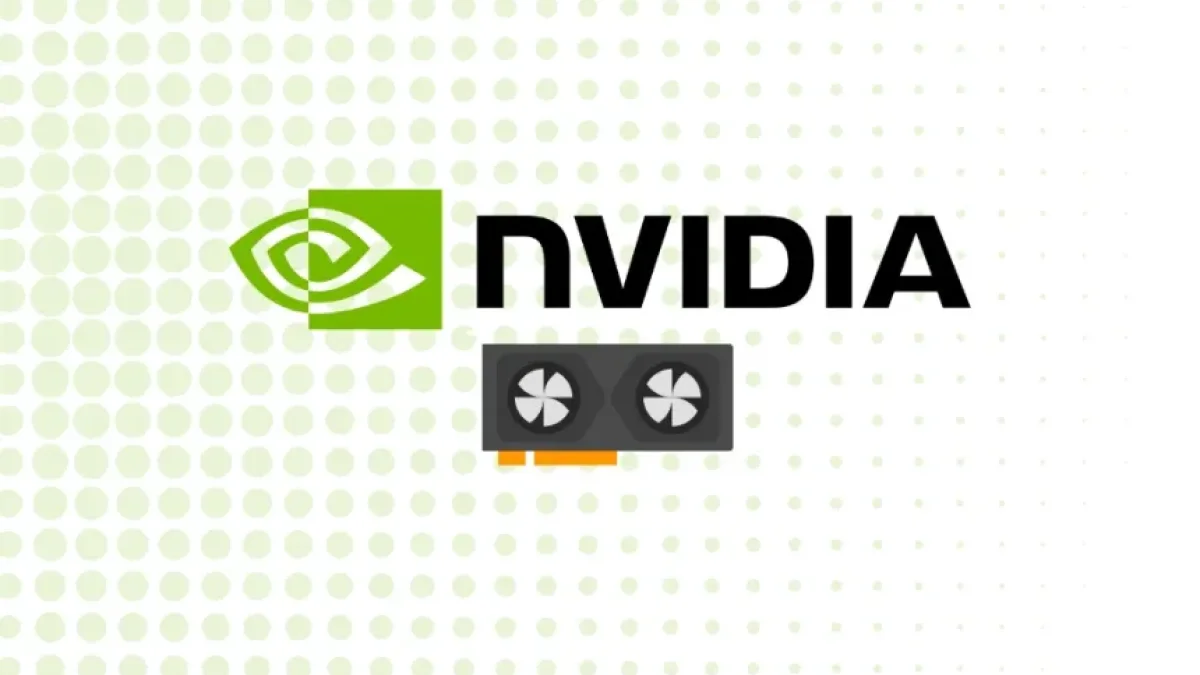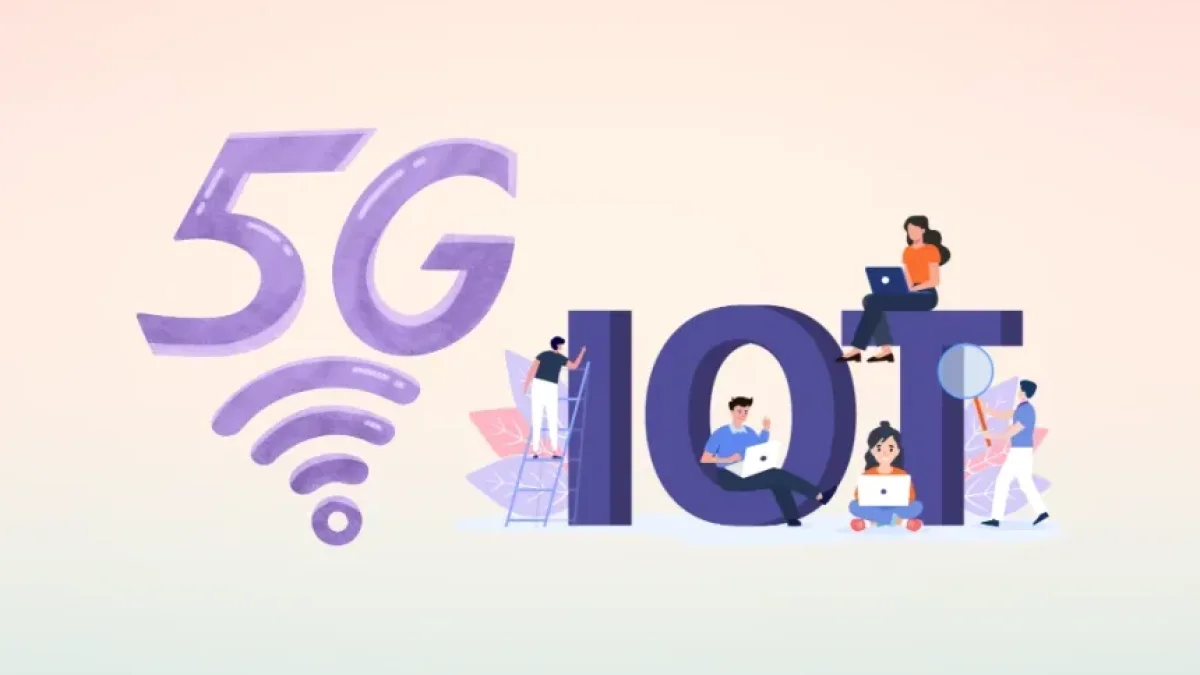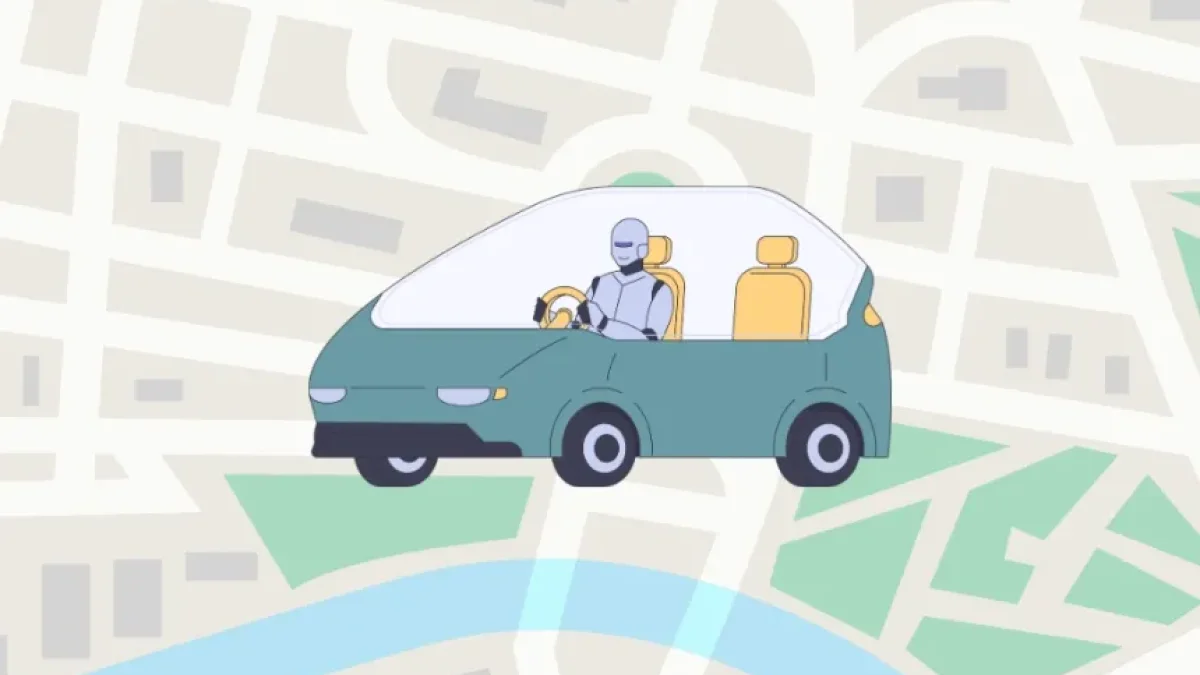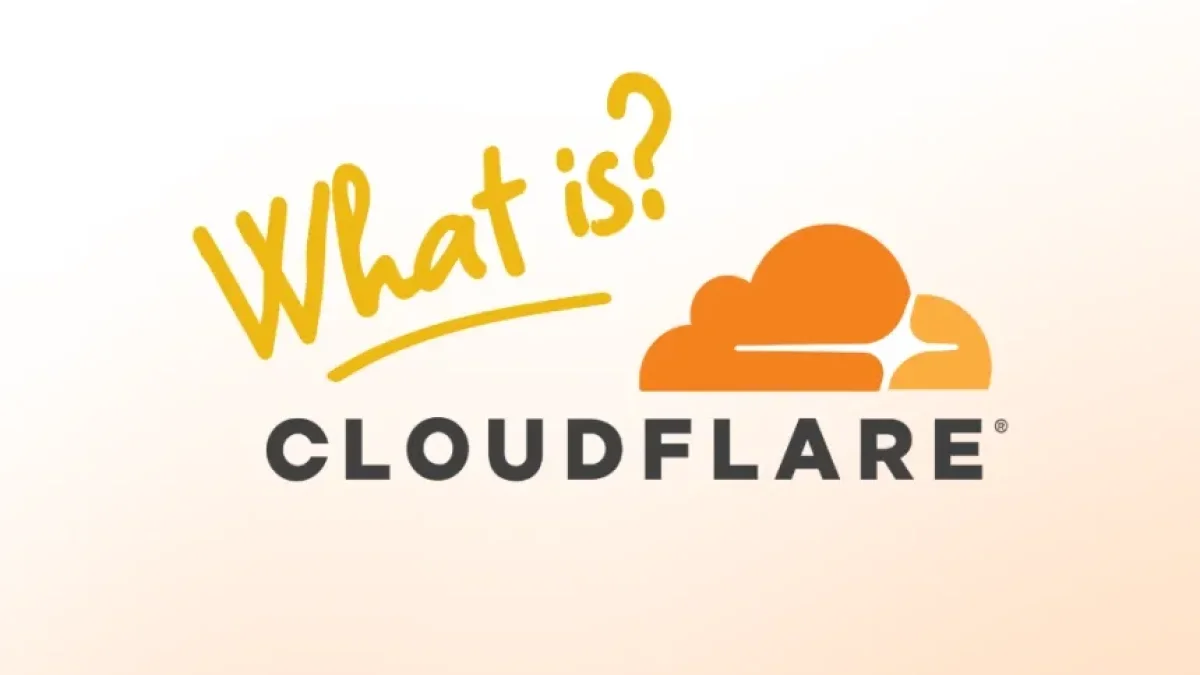What is a VPN and what is it for?

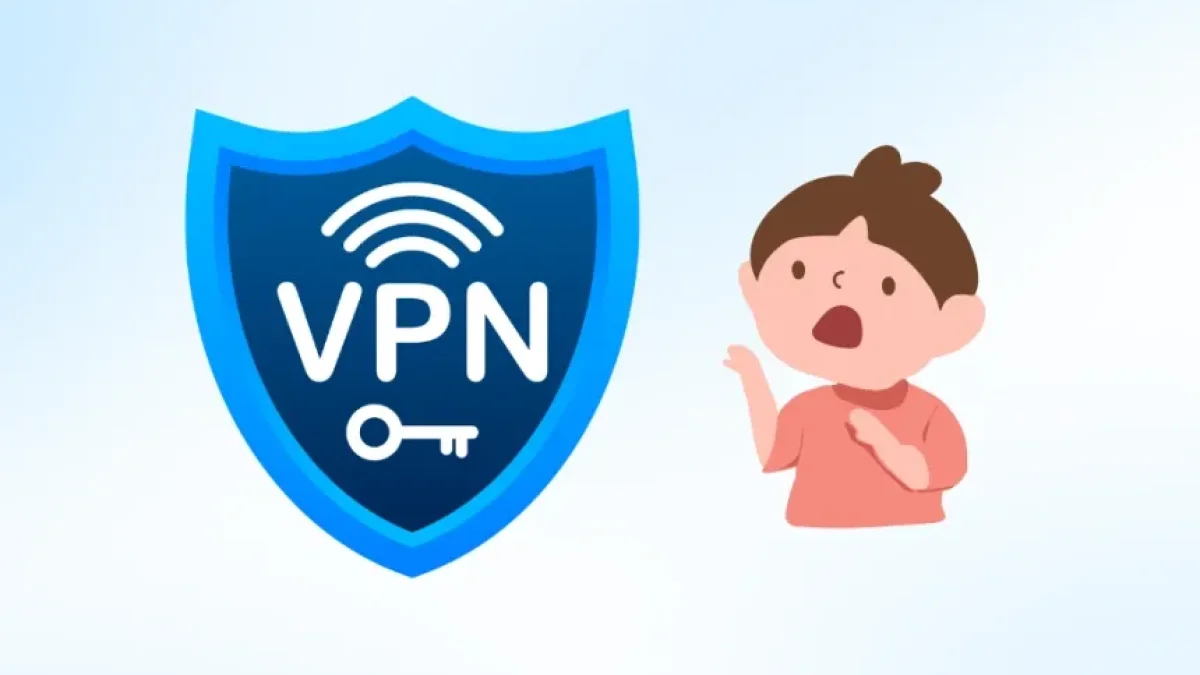
In today’s digital age, where online privacy and security have become more crucial than ever, VPN services (Virtual Private Network) have gained popularity. This article explores what a VPN is, what it is used for, as well as its benefits and basic functioning.
What is a VPN?
A VPN is a service that creates a secure and encrypted connection between your device and a VPN server. This connection acts as a private tunnel that protects your data while you browse the Internet, allowing you to maintain the privacy and security of your personal information.
How a VPN Works
When you connect to a VPN, your Internet traffic is redirected through the VPN server before reaching its destination. This means that:
- Data Encryption: The data transmitted between your device and the server is encrypted, meaning it is converted into an unreadable format for anyone trying to intercept your information.
- Hidden IP Address: Your real IP address is hidden and replaced with that of the VPN server, allowing you to browse anonymously online.
What is a VPN used for?
VPNs have a variety of uses that have made them an essential tool for many users around the world. Below are some of the main purposes of a VPN:
Read also
1. Increased online security
Using a VPN can provide an additional level of security when browsing public Wi-Fi networks. Public networks, such as those found in cafes or airports, are vulnerable to cyberattacks. By using a VPN, the data sent and received over these networks is protected.
2. Privacy and anonymity
With the growing concern over online surveillance and data collection, using a VPN can help keep your personal information and browsing habits private. By hiding your IP address and encrypting your traffic, VPNs can protect your digital identity.
3. Accessing restricted content
VPNs allow users to access content that may be blocked or restricted in their geographical location. For example, streaming services like Netflix or Hulu may have different libraries depending on the country. With a VPN, you can connect to a server in another country and enjoy content that you otherwise wouldn’t be able to access.
Read also
4. Bypassing censorship
In some countries, access to certain websites and online services is restricted. VPNs can help bypass these restrictions, allowing users to access the information and services they need, regardless of their geographical location.
5. Secure file sharing
VPNs also facilitate secure file sharing between users in different locations. By encrypting data, users can share information without fear of it being intercepted.
Benefits of using a VPN
In addition to the mentioned uses, there are several additional benefits associated with using a VPN:
1. Reduced identity theft risk
Identity theft is a growing concern in the digital age. By using a VPN, you reduce the risk of your personal data being stolen, as your information is encrypted and not easily intercepted.
2. Improved internet performance
In some cases, VPNs can improve Internet connection speed by reducing network congestion. This is especially useful for people who experience a decrease in connection speed due to bandwidth throttling by their Internet Service Provider (ISP).
3. Ease of use
Today, many VPN services are easy to use and accessible to people without technical knowledge. Most VPNs offer applications for different devices, making implementation straightforward.
Considerations when choosing a VPN service
If you decide to use a VPN, there are several factors to consider:
1. No-logs policy
Make sure to choose a provider that has a no-logs policy, meaning they will not store information about your online activities.
2. Encryption protocols
Check which encryption protocols the VPN service uses. The most secure protocols are OpenVPN and IKEv2, which offer a good balance between security and speed.
3. Server locations
Consider when and where you want to connect. Some VPN services have a wide network of servers in different countries, while others may be more limited.
4. Provider reputation
Research and read reviews about the VPN provider you are considering. The experience of other users can provide valuable insight into its effectiveness and reliability.
Conclusion
A VPN is a powerful tool for enhancing your security, privacy, and access to online content. Whether you want to protect yourself from online threats, access restricted content, or simply browse more securely, a VPN can be beneficial. However, it is important to choose the right service that meets your needs. With growing concerns about online security, investing in a VPN can be a wise decision to protect your personal information and browse more safely.

